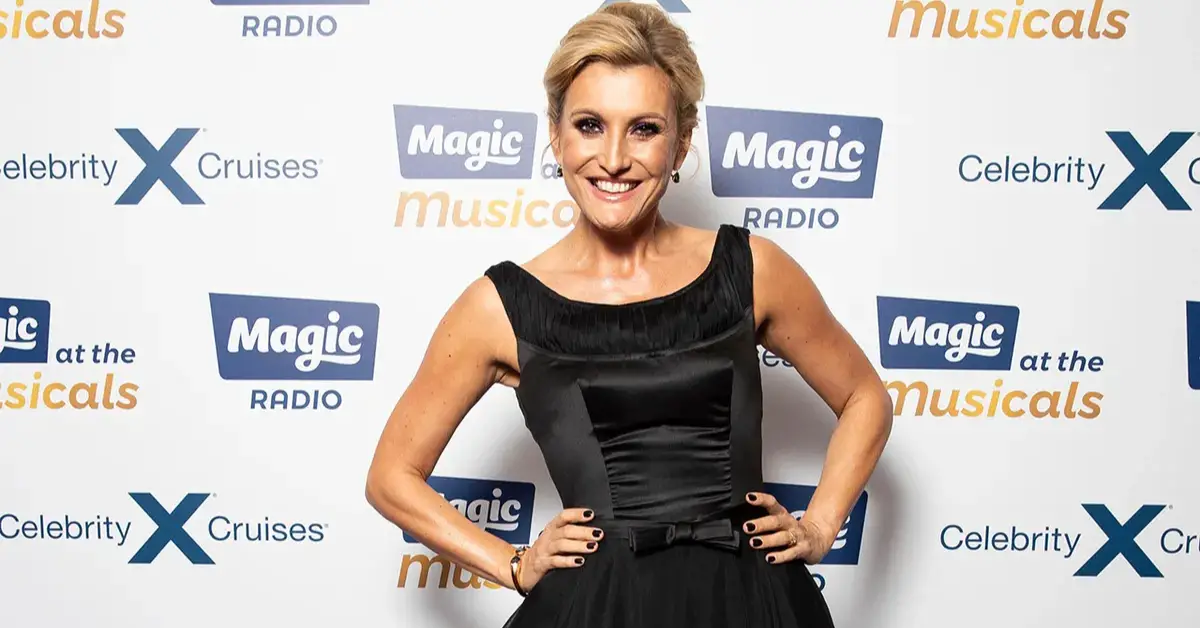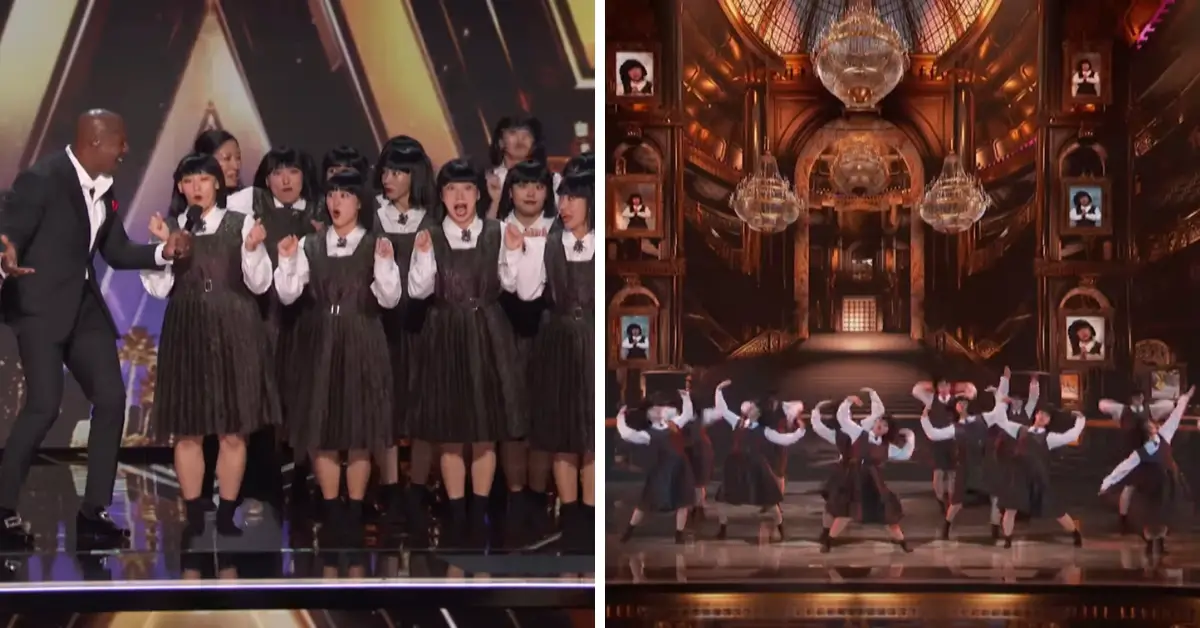Explore the controversy and debate surrounding the BBC’s decision to replace actress Sara Poyzer with AI in a documentary.
Table of Contents
In a move that has ignited widespread debate within the UK’s acting community, the British Broadcasting Corporation (BBC) has opted to use artificial intelligence (AI) technology over actress Sara Poyzer for a voice role in an upcoming documentary.
Poyzer, who has been celebrated for her role in “Mamma Mia!” for over a decade, disclosed her replacement by sharing a screenshot of the email from the production team, setting off a flurry of reactions across the industry.
A Groundbreaking Decision
The BBC’s decision to utilize AI for a “highly sensitive documentary” has marked a pivotal moment in the intersection of technology and the arts. The documentary aims to feature a contributor who can no longer speak due to terminal illness.
With the family’s consent, the BBC plans to use AI to recreate the contributor’s voice, ensuring the individual’s story is told in a deeply personal manner.
While innovative, this AI application raises significant questions about the future role of technology in creative industries.
Community Reaction
The news of Poyzer’s replacement has raised eyebrows and sparked considerable discussion among actors and creatives about AI’s implications for their fields.
Notably, Miltos Yerolemou, known for his role in “Game of Thrones,” and Voice Squad, Poyzer’s voiceover agency, have publicly expressed their concerns, highlighting the potential threat AI poses to traditional acting roles and the intrinsic value of human performance.
The Implications of AI in Creative Industries
The BBC has previously outlined its stance on AI, emphasizing a commitment to not compromise human creativity and to maintain high editorial standards.
Nevertheless, this recent decision underscores the delicate balance between embracing technological advancements and preserving the essence of human artistry in the creative process.
This incident has reignited the debate around the ethical and practical considerations of using AI in media production.
It reflects a broader concern within the entertainment industry regarding the role of AI.
This topic has been at the forefront of discussions, especially during the SAG-AFTRA actors’ strike in Hollywood, which focused on the rights of actors in the digital age.
Navigating the Future
As the BBC navigates the repercussions of its decision, the incident catalyzes a much-needed conversation about integrating AI into creative endeavors.
The challenge lies in finding a harmonious balance that leverages AI’s capabilities while ensuring the preservation and appreciation of human creativity and talent.
The industry is at a crossroads, where the potential of AI to enhance and transform storytelling must be weighed against the imperative to uphold the dignity and livelihood of the creative professionals who have long been the backbone of the arts.
As this debate continues to unfold, it will undoubtedly shape the trajectory of technology and creativity, guiding the future of innovation in the arts.
This pivotal moment in the intersection of AI and the creative industries signals a time of reflection and potential transformation.
The dialogue initiated by the BBC’s decision extends beyond the boundaries of a single project, touching on fundamental questions about the role of technology in art and the irreplaceable value of human expression.






